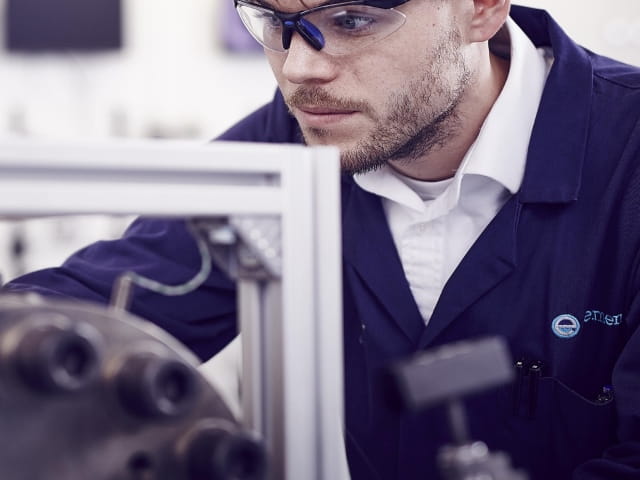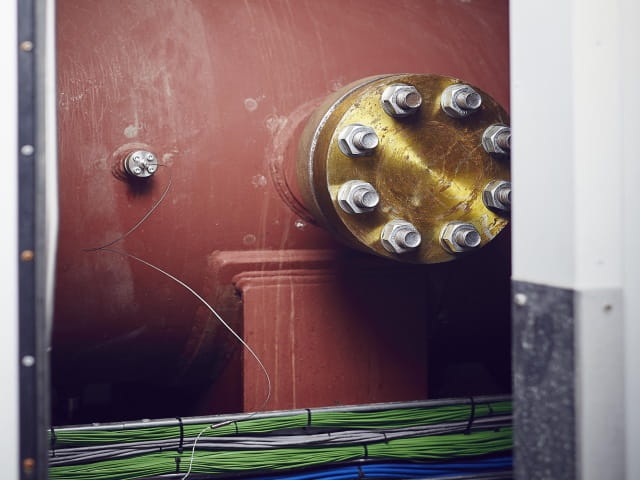在石油和天然气部门内,快速的气体减压(RGD)测试一直是一个被误解的现象——部件l now.
Staying at the forefront of the O&G industry developments and advancements, Element offers Rapid Gas Decompression testing to help manufacturers and users of elastomers better understand the behavior of this material in true sour RGD conditions.
What is Rapid Gas Decompression?
Caused by corrosive hydrogen sulfide and carbon dioxide gases, Rapid Gas Decompression causes deterioration and failures of elastomeric components, putting valuable equipment and resources at risk. Because of their constant pressure fluctuations, seals are most vulnerable to RGD. When they are compressed, gases seep into the interior of the seal, where they remain until pressure is released. When this happens, the gas is forced to escape through the most readily available channel, often resulting in ruptures and failures of seals and other components.
RGD Testing for O-Rings using Hydrogen Sulfide
Previously, Rapid Gas Decompression testing had only been performed using carbon dioxide gas. While these are valuable results to have, Element has developed a procedure for testing O-rings with Hydrogen Sulfide (H₂S), a highly corrosive gas that provides a more accurate simulation of real-world conditions. This method subjects seals to both H₂S and a control (non-sour) gas to evaluate how sour gases affect the rate of rapid gas decompression.
The RGD test is conducted by applying cyclic pressure inside a pressure vessel at High Temperature/High Pressure (HT/HP) conditions, using different gas concentrations. The cycle length is varied during the test, with predetermined dwell and vent periods. This is a new and innovative method, allowing the sector access to RGD testing in sour environments for the first time.
For more information about this test, and to request a quote for this new service,speak to an expert today.
making certain for nearly 190 years
更多来自元素
乐动体育足球




Permeation and Diffusion Testing for Polymers
Our unique range of permeation testing services determine the permeation coefficient (permeability), diffusion coefficient (diffusivity) and solubility coefficients.
Learn more

Element secures New Oil and Gas Safety Certification
Element has underlined its commitment to safety in the Oil & Gas sector by achieving certification in British Standard OHSAS 18001:2007 for UK laboratories Aberdeen, Hitchin and Sheffield.
Read full article

Local laboratories, global platform
Doing business with one of our laboratories enables our clients' access to our global platform of expertise, capacity and capabilities.
READ MORE





